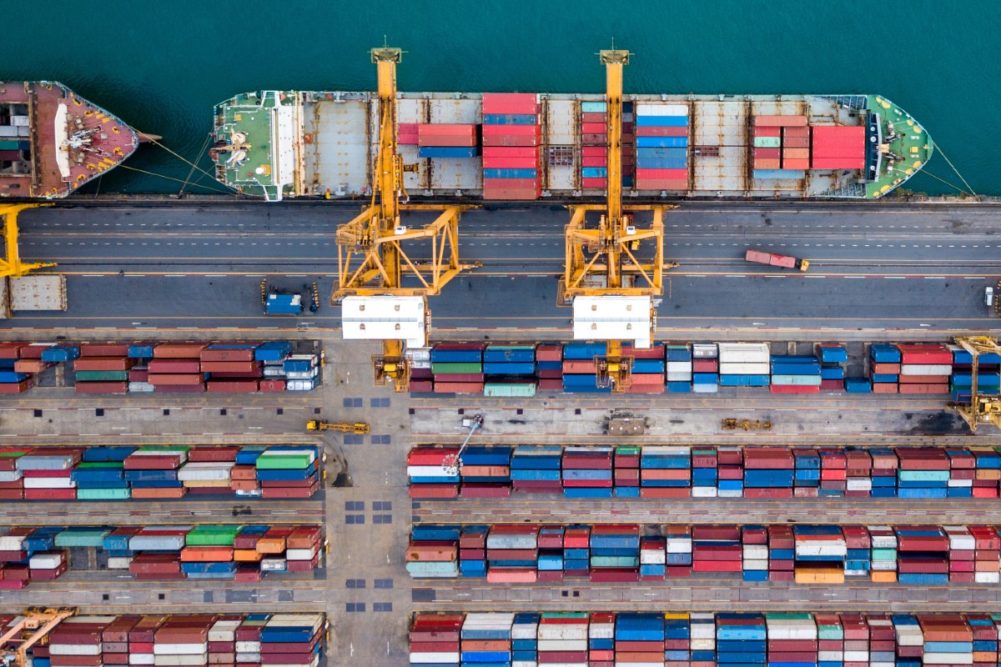WASHINGTON – After consecutive years of record-setting numbers for United States dairy exports, data released by the US Department of Agriculture (USDA) revealed the value of the country's dairy exports dropped in 2023.
As detailed by the US Dairy Export Council (USDEC), weak demand and an increase in competition impacted US dairy exports, with a 7% decline in volume in 2023, and a value of $8.11 billion for the year.
US dairy exports totaled $9.5 billion in 2022 – the third year in a row that the industry saw record highs for its exports. USDEC noted the $8.11 billion value for 2023 ranks as the second-highest in history.
International Dairy Foods Association (IDFA) president and chief executive officer Michael Dykes called the latest numbers from USDA “a mixed bag” for US dairy, with the industry enjoying a “sizeable trade surplus” while US agriculture is going through a trade imbalance overall.
IDFA, Dykes shared, is urging members of Congress and the administration to “come together on a realistic trade agenda that prioritizes preferential access for US dairy exports.”
Dykes said the 2023 figures underscore “a clear need for US trade officials to focus on creating new, preferential market opportunities for American producers and food exporters while holding trade partners accountable to rules and agreements.”
He pointed out that exports to Canada are “nowhere close to the projections promised US dairy in the US-Mexico-Canada Agreement due to consistent barriers erected by the government of Canada that prevent American exporters from filling their tariff quotas.”
The IDFA’s leader also said a strategic approach to trade with Asia Pacific markets is needed.
“Overall, US dairy exports performed better than most other commodities, but we are not meeting our capabilities,” Dykes said. “US dairy boasts the lowest carbon intensity footprint globally, remains competitively priced and sets quality standards worldwide. However, the lack of export opportunities hampers our ability to leverage these strengths.”
The industry, Dykes added, relies on export growth.
“Without exports, we risk stagnation, jeopardizing investments, jobs and future competitiveness in the global marketplace,” he said.

